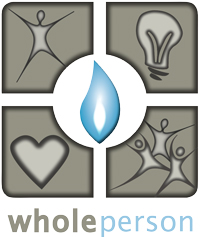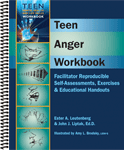The world is full of stress and it’s your responsibility to teach your children how to handle it.
To help you create a relationship that encourages your children to be open to your advice, create a Stress Safety Net (SSN) for your kids so they can feel safe, secure and loved. In recent weeks, I’ve covered two of the six components of the SSN:
- Parents as role models;
- Unconditional love;
Today we’ll consider teaching your children your positive values.
A positive value is a belief that produces corresponding behaviors that serve both the practitioner and those on the receiving end of their value-guided behavior. So honesty is good for the honest person and for those around her.
Values define you. They serve as a road map in deciding how to handle situations and to live authentically. For example, you’ve taught your daughter to respect others, which includes not harassing anyone. When her friends bully another child your daughter doesn’t participate and may even tell her friends to stop. Conversely, going against a held value would create stress for your daughter.
If your kids don’t learn their values from you, from whom will they?
To teach your positive values, identify a stressful situation in which your child is involved. Which values would be help him handle the situation? If he’s deciding upon which college to attend would encouraging values like curiosity and open-mindedness be potentially helpful?
Next, teach your values through these five steps:
- Role model the value yourself. The biggest teacher of your values is how you live your life. If you value privacy and get upset when your child walks into your room unannounced, how can he learn this value if you walk into his room unannounced?
- State your value frequently. When appropriate explain your value, whether during a conversation or a TV show. My father often said in response to certain situations, “There’s nothing worse than a liar.” To this day honesty is one of my strongest values.
- Praise your child when she abides by a value, especially in a tough situation like a friend pressuring her to cheat and she says “no.” Praise her courage (another value) for doing something unpopular.
- Discuss positive and negative consequences of living and not living by certain values. Positive consequences of being curious might include learning more, making life more interesting and fun, having friends who are also curious. On the down side, too much curiosity might find you poking your nose where it doesn’t belong. Identifying both positive and negative consequences of a value helps define which limits might be wise to impose.
- Be honest about your lapses living up to your own values. Like the father who admitted to his kids that he isn’t always completely honest with his own mother when she asks him if he’s busy. Minimize your kids’ cynicism by admitting and explaining your lapses.
Values serve as anchors in this stormy world. Give your children positive ones to navigate successfully.
 Jacquelyn Ferguson, M. S., is an international speaker and a Stress and Wellness Coach.
Jacquelyn Ferguson, M. S., is an international speaker and a Stress and Wellness Coach.


